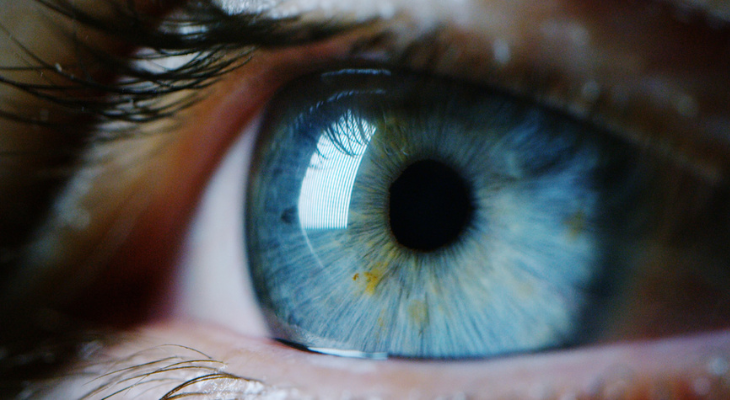
Laser Eye Surgery: LASIK Isn't the Only Option
Tired of wearing eyeglasses or contact lenses? Laser eye surgery could help you improve your vision if you're nearsighted, farsighted, or have astigmatism. In addition to performing laser-assisted in situ keratomileusis (LASIK) procedures, your ophthalmologist also offers several different types of laser surgery.
Improving Your Vision with Laser Eye Surgery
Laser eye surgery sharpens your vision by changing the shape of your cornea. This clear piece of tissue covers your iris and pupil and allows light to enter your eye. The rounded surface of the cornea bends light rays to ensure that they're properly focused on the retina. Light-sensing cells in the retina, a layer of cells at the back of the eye, change light rays into electrical impulses and send them to the brain for processing.
If you're nearsighted or farsighted, light rays aren't focused properly on the retina, which makes a person's near or distance vision blurry. This can happen due to the shape of the cornea or the length of an eyeball. Astigmatism, a vision problem that affects both near and distance vision, is caused by abnormally shaped corneas. During laser eye surgery, your eye doctor uses a laser to reshape your cornea and enhance your vision.
Laser Surgical Options
During LASIK surgery, your ophthalmologist uses a blade or laser to make a small flap in the outer layers of the cornea. After folding back the flap, he or she reshapes the cornea with a laser. Once the cornea is reshaped, the flap is returned to its normal position.
LASIK can correct nearsightedness, farsightedness, and astigmatism, but it isn't the right choice for everyone. Dry eyes, thin corneas, or other issues may indicate that you're not a good candidate for LASIK.
If LASIK isn't recommended for you or you prefer another type of surgery, your eye doctor may recommend one of these choices.
- PRK. Photorefractive Keratectomy (PRK) reshapes the cornea without making a flap. Instead, your ophthalmologist uses a brush, instrument, or solution to completely remove the epithelium (outermost layer of the cornea) before reshaping the deeper tissues with a laser. It only takes a few days for the outer layer of the cornea to regrow after the procedure. Since only a thin layer of the cornea is removed during PRK, it may be a good choice if your cornea is too thin or irregular for LASIK.
- LASEK. Another flapless procedure, laser epithelial keratomileusis (LASEK) loosens the epithelium with a special instrument called a trephine. Once the layer is loosened, it's moved to the side to allow room for laser resurfacing of the cornea. The epithelium is put back in place at the conclusion of the surgery. A bandage contact lens worn over the cornea keeps the epithelium in place while it heals. LASEK might be recommended if you have thin corneas or dry eye.
- EPI-LASIK. Like LASEK, the EPI-LASIK procedure also loosens the thin epithelial layer of the cornea. During the procedure, your eye surgeon uses a tool called an epithelial separator to isolate the epithelium from the rest of the cornea. After laser reshaping, the epithelium is held in place with a contact lens while it heals.
- SMILE. Small incision lenticule extraction (SMILE) offers yet another laser eye surgery option. SMILE involves using a later to remove a tiny disc-shaped portion of the cornea called a lenticule. Removing the lenticule reshapes your cornea and improves your vision. The SMILE procedure corrects nearsightedness and astigmatism and may be a better option than LASIK if you have dry eye.
Are you interested in finding out which laser eye surgery choice is best for you? Contact our office to schedule an appointment.
Sources:
American Academy of Ophthalmology: Alternative Refractive Surgery Procedures, 9/27/17
American Academy of Ophthalmology: LASIK: Laser Eye Surgery, 10/21/20
